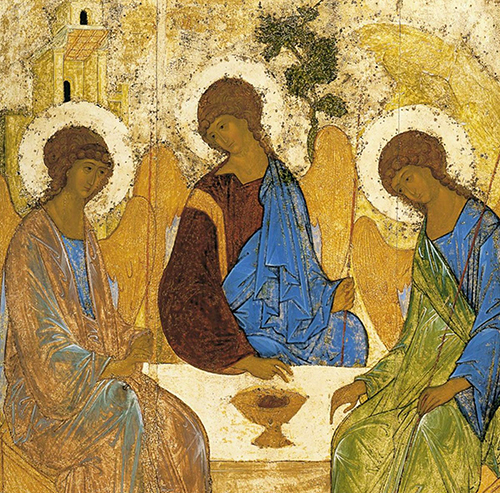
This verse from John’s gospel that we reflect upon today speaks of joy. Fr. Ron Rolheiser writes that the most demanding asceticism, this practice of the denying physical or psychological desires to attain a spiritual ideal or goal within life is the discipline of joy. Rarely is this recognized. For most of us, the word joy itself rings superficial. It speaks of empty victory celebrations, mindlessness, lack of full awareness, naiveté and lack of depth. There is a cynical adultness in our reaction to joy: “If you knew better, if you were fully awake, you wouldn’t be this happy!” Former Christian spiritualities tended to focus on the incompleteness of life…We live “mourning and weeping in this valley of tears.” There was great strength, and some real wisdom, in that. It gave people permission to cry, to taste life’s bitterness without feeling that there was something fundamentally wrong with them, and it helped people accept the truth that in this life all symphonies must remain unfinished. Other current spiritualities, at least as they are frequently lived out, affirm the equation between joy and superficiality by emphasizing anger, indignation, righteousness, and an undue sense of purpose and urgency about everything. These last words – grim, humorless, joyless and bitter – describe to some degree the church and secular circles we move in. Most frequently, these circles are somber, anxious, over-burdened, cynical, humorless, heavy places, hard untender places. There is an undue sense of urgency and precious little childlikeness, freedom and simple joy. As Christians, we need to be reminded that real asceticism lies in joy itself. It is far easier, and it takes infinitely less discipline, to be heavy than to be light. Heaviness, resentment, anger, grudges, moroseness and lack of joy come naturally; light-heartedness, forgiveness, long-suffering, humor and joy have to be worked at.
